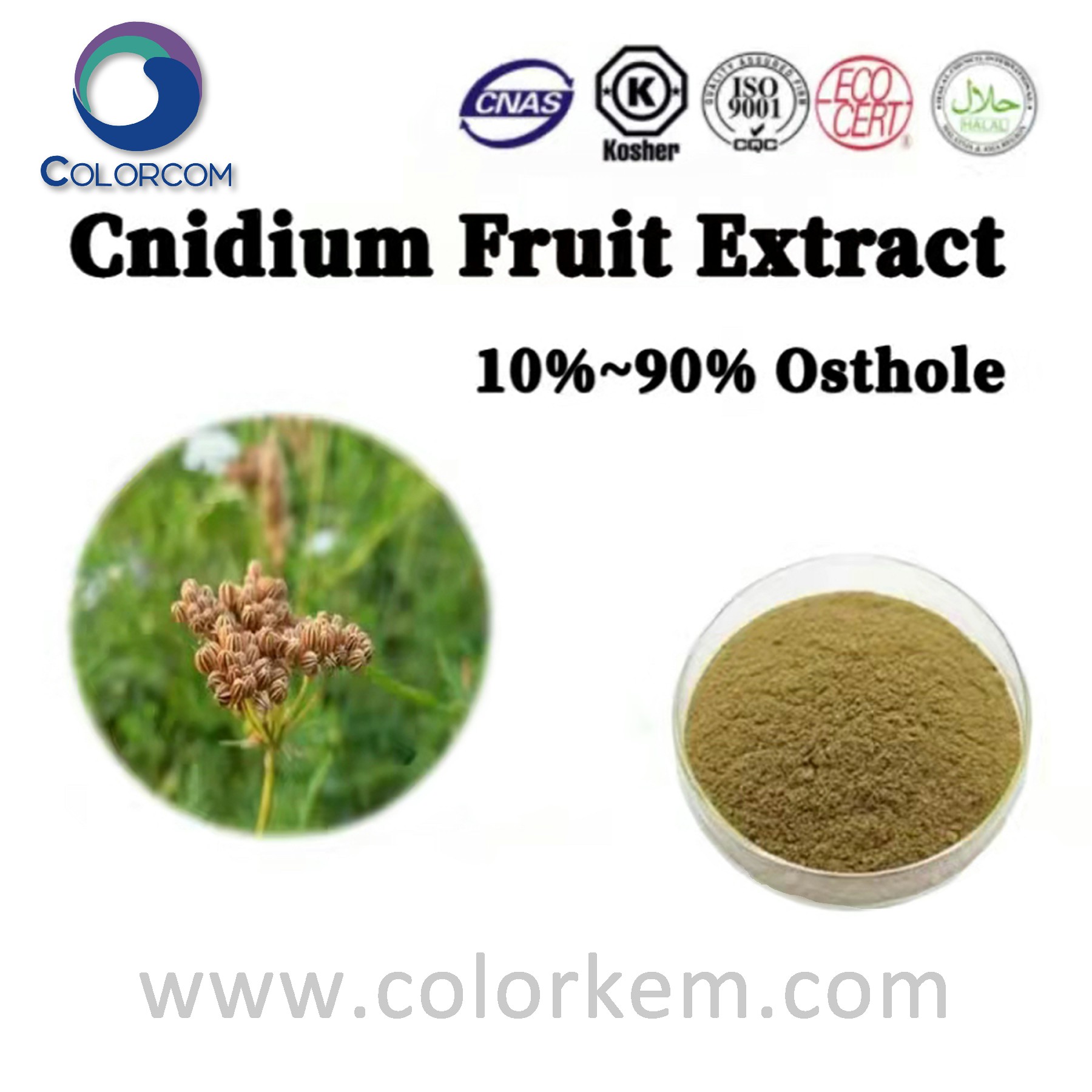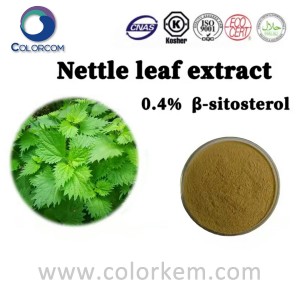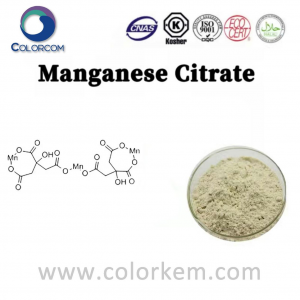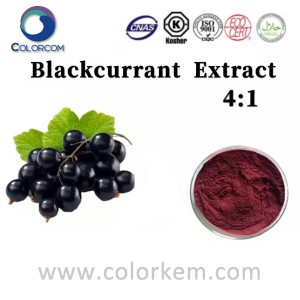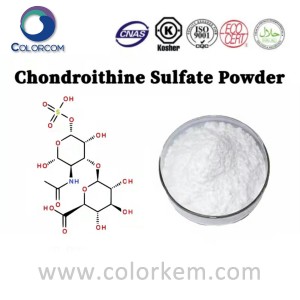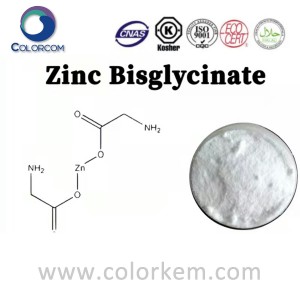Cnidium Fruit Extract | 484-12-8
Product Description:
Product Description:
Cnidium, also known as wild fennel, wild carrot seed, snake rice, snake chestnut, etc., is the dry ripe fruit of Cnidium monnieri, a plant of the Umbelliferae Apiaceae.
Cnidium is an annual herb. It prefers warm and humid environment, is not afraid of severe cold and drought, and has wide adaptability. It is distributed in East China, Central and South China and other regions.
The efficacy and role of Cnidium Fruit Extract:
Osthole has inhibitory effect on Staphylococcus aureus, Pseudomonas aeruginosa and Escherichia coli, and can also reduce the pathogenicity of Staphylococcus aureus residual strains.
It can be used in conjunction with matrine, etc. to treat trichomonas vaginitis, eczema, psoriasis, etc.
Anti-inflammatory:
Osthole has an inhibitory effect on Staphylococcus aureus and has a good effect on bacterial inflammation. Osthole combined with baicalin can synergistically treat pneumonia caused by Staphylococcus aureus.
Anti-cancer:
Osthole can inhibit tumor growth in mouse liver cancer models, induce apoptosis of liver cancer cells through multiple targets and multiple pathways, and enhance the anti-tumor immune response of liver cancer mice; osthole can also kill nasal Pharyngeal cancer cells, lung cancer cells and cervical cancer cells have inhibitory effects on the growth of various tumor cells. Can be used to assist anti-cancer.
Anti-osteoporosis:
Osthole can significantly promote the proliferation and differentiation of bone marrow mesenchymal stem cells and osteoblasts, and at the same time significantly increase the expression levels of osteocalcin and alkaline phosphatase, thereby promoting bone formation, increasing bone mineral content and Bone strength. Osthole promotes the proliferation and differentiation of osteoblasts in relation to the concentration, and the optimal concentration is between 5*10-5M-5*10-4M.
In addition, the combination of osthole and puerarin can synergistically treat bone dysplasia and osteoporosis.
Effects on the endocrine system:
Osthole can promote the synthesis and secretion of androgen in Leydig cells by regulating the gene transcription of related enzymes and their cell membrane and cytoplasm-related receptors in the process of androgen synthesis in Leydig cells in mice;
It can increase the content of testosterone, follicle-stimulating hormone and luteinizing hormone in serum, and has androgen-like and gonadotropin-like effects; and osthole at 40-80μg/mL can effectively relieve the oxidative stress caused by H2O2 in ovarian tissue. Stimulate injury, protect the function of ovarian tissue, and enhance the antioxidant capacity of ovarian tissue.
The low content of osthole can be used as a plant-derived insecticide, a grain storage protectant, etc. 1% osthole water emulsion has special effects on melon, strawberry and flower powdery mildew (the prevention efficiency is about 95%), and also has a combined effect on vegetable downy mildew and aphids.
Compared with other botanical insecticides, osthole has the advantages of high efficiency and low toxicity.


